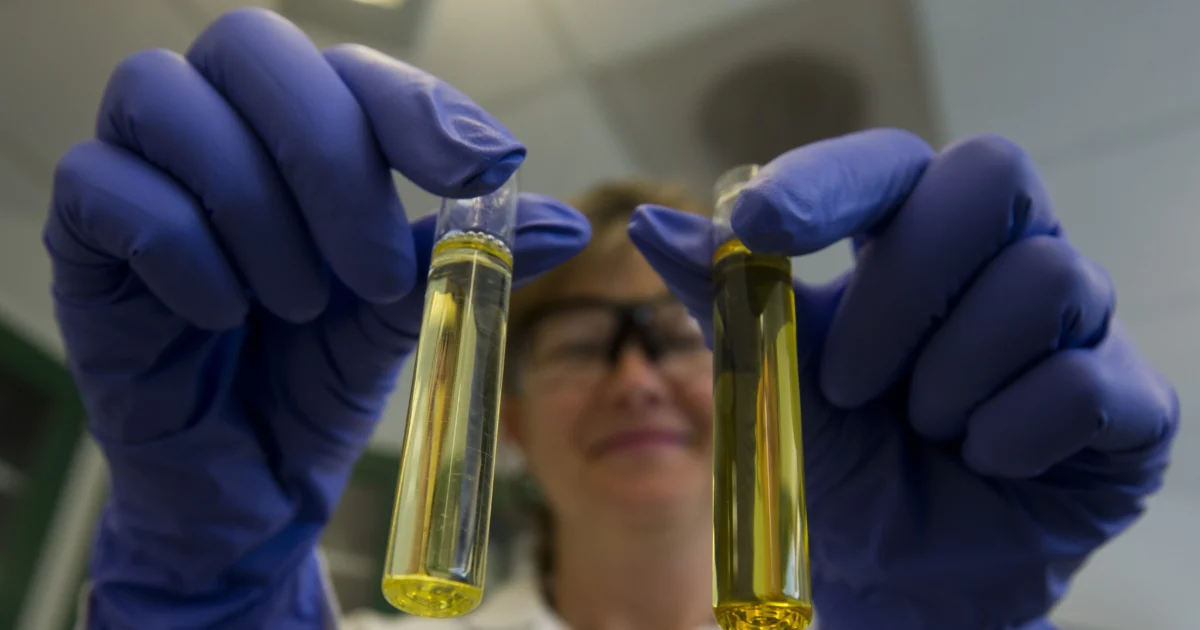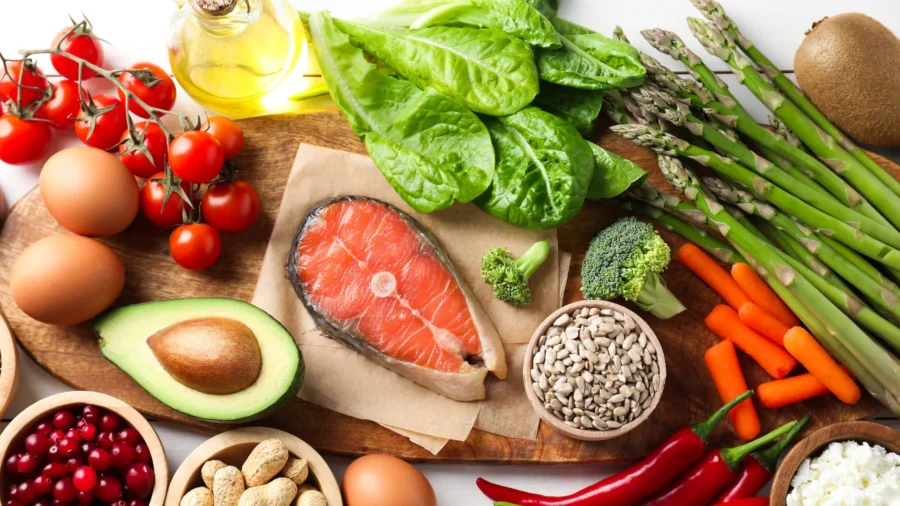Your diet may be affecting your body’s ability to fight colorectal cancer, depending on the kind of fatty acids you consume, a new study revealed.
In the study, published Tuesday in Gut, the journal of the British Society of Gastroenterology, an international team of scientists compared colorectal cancer tissue gathered from 81 patients and compared it with normal colon tissue taken from the same patient.
They also analyzed gene activity in another 81 samples, combining different methods to see how and where genes related to fat production and modification are working in these cancers.
The team was inspired by a statement made by Rudolf Virchow, the 19th-century physician known as “the father of modern pathology,” who suggested that cancer could be thought of as a chronic wound that doesn’t heal properly because it’s always inflamed.
Modern medicine has confirmed that, when the body is healing from a wound, there’s a short period of inflammation followed by a phase where the body works to reduce this inflammation. The body will use certain fats to switch from inflammatory to anti-inflammatory fats, producing substances that calm inflammation.
The study showed that an overabundance of certain omega-6 fatty acids—a staple in ultra-processed foods—may interfere with the anti-inflammatory and tumor-fighting capabilities of another type of fatty acids—the benevolent omega-3.
“There are mutations every day in the [gastrointestinal] tract, and normally they’re quashed right away by the immune system with the help of molecules or mediators from omega-3s,” Dr. Timothy Yeatman, senior co-author of the study, told CNN.
“But if you have a body subjected to years of a chronic inflammatory milieu created by an imbalance of omega-6s, the type commonly found in ultra-processed and junk foods, I believe it’s easier for a mutation to take hold and harder for the body to fight it,” Yeatman added.

One of the main sources of omega-6 fatty acids in modern diets is seed oils, such as soybean, corn, peanut, safflower, and sunflower oil. These are widely used in the manufacture of ultra-processed foods, and in the fast food industry, mainly for frying.
According to the Northeastern University’s Network Science Institute, 73 percent of the United States food supply qualifies as ultra-processed.
As a result, a significant amount of people have an excess of omega-6 fatty acids in the body, compared to the amount of omega-3. A study from 2015 showed that the levels of linoleic acid (the most common type of omega-6) increased by 136 percent from 1959 to 1008.
Both omega-3 and omega-6 polyunsaturated fatty acids are essential for human health, yet the body cannot synthesize these nutrients by itself.
Omega-3 fatty acids are abundant in foods like salmon, sardines, various seeds, and nuts, as well as kale, Brussels sprouts, and spinach. They are essential for cellular functioning, including bolstering immune defenses and reducing inflammation when consumed in optimal amounts.
Similarly, omega-6 fatty acids are indispensable for good health. These molecules stimulate hair and skin growth, regulate metabolism, and improve bone health.
Colorectal cancer used to be affecting only the older population, but now more and more younger people are getting the disease. In 2021, a team of oncologists analyzed the worrying trend and projected that colorectal cancer will become the leading cause of cancer-related deaths among younger adults (ages 20 to 49).

